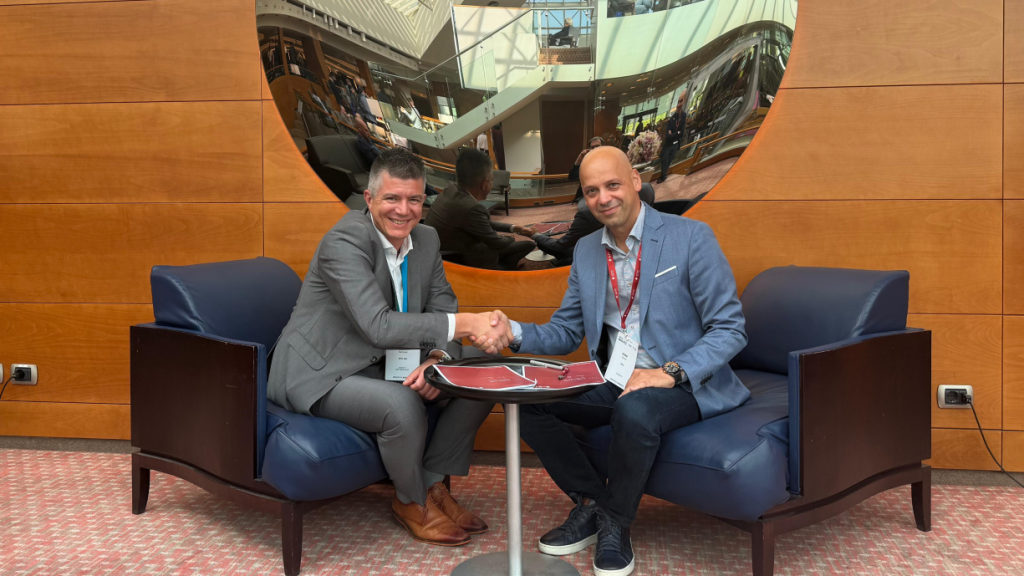The rising worldwide significance of caller ID spoofing, phishing and spamming is no secret at this point. In 2019 alone, the Federal Trade Commission received over 3 million fraud reports, with caller ID spoofing being the primary method used by scammers, resulting in losses of $1,000 per victim on average. France, ranking fifth globally in terms of spam calls received per user in 2020, has taken a stand against this threat by introducing the Mécanisme d’Authentification des Numéros (MAN). The proposed framework verifies the identity of the caller and the number they use, blocking unverified calls or messages.

MAN is not just a solution for France. It aligns with the European Commission’s vision for a secure and interoperable digital identity for all EU citizens and businesses. The French initiative uses the groundwork laid forward by the STIR/SHAKEN suite of protocols and procedures. However, MAN addresses the challenges of interoperability, security, and privacy in slightly different ways. For instance, MAN has a more centralized and regulated certificate authority system. This may increase the trust and accountability of the operators, but also introduce more complexity.
Implementing MAN can bring various benefits to telecom operators, service providers, and customers. These include improving the quality of service, enhancing the customer experience, and strengthening the trust and transparency in the telecom market. Alongside the US and France, Canada, the UK, Japan, and India have adopted or are planning to adopt number authentication based on STIR/SHAKEN or similar frameworks.
Yet, we must not underestimate the impact of structural and regulatory changes needed for these protocols to materialize in each market. The technical complexity, operational overhead, and compliance issues alone are enough to postpone development and adoption even in the most developed markets. For example, there is a fairly recent indication that the UK wants to abandon or change the course. Despite these challenges, MAN is a promising initiative. I’m sure it can contribute to advancing the telecom and digital identity sectors in France and beyond.
Main Challenges
Here are some of the main challenges for cross-border interoperability of number authentication and digital identity schemes in the EU:
1. the harmonization of standards
2. the mutual recognition of certificates
3. the coordination of authorities
4. the protection of privacy and data
Addressing these concerns involves action at the technical, legal, organizational, and political levels.
The interoperability of number authentication and digital identity schemes can benefit users and service providers across the EU. In conclusion, while MAN is not a perfect or final solution, it is a step in a long and complex journey that requires continuous research and development, as well as collaboration and cooperation among the different actors and parties.
Global Telco Consult (GTC) is a trusted independent business messaging consultancy with deep domain knowledge in application-to-person (A2P) services. GTC provides tailor-made messaging strategies to enterprises, messaging service providers, operators and voice carriers. We have expertise in multiple messaging channels such as RCS, Viber, WhatsApp, Telegram and SMS for the wholesale and retail industry. Additionally, GTC offers Digital Identity and Fraud advisory services, aiding clients in navigating the complexities of digital identity verification and fraud prevention, while also providing Recruitment services, assisting businesses in acquiring top talent within the telecom and technology sectors.
GTC supports its customers from market strategy through service launch, running the operations and supporting sales and procurement. The company started in 2016 with a mission to guide operators and telcos to embrace new and exciting opportunities and make the most out of business messaging. For more information or industry insights, browse through our blog page or follow us on LinkedIn.



